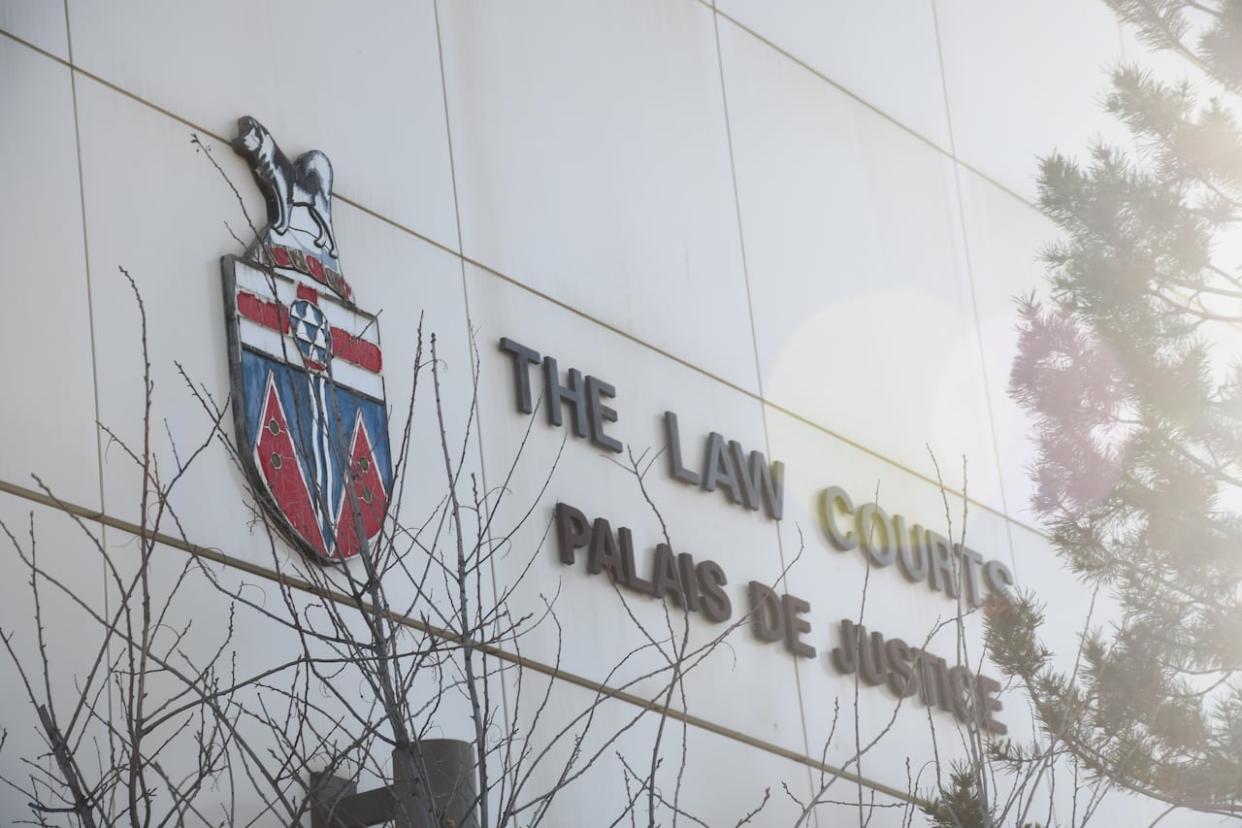Appeal of drunk driver who killed 2 passengers, injured 3rd in 2019 Whitehorse crash dismissed

A panel of Yukon appeal court judges has dismissed the case of a drunk driver who killed two of his passengers and seriously injured a third when he crashed his vehicle in Whitehorse in 2019.
Anthony Andre was convicted of two counts of impaired driving causing death and one count of impaired driving causing bodily harm in 2022 after a judge-alone trial in Yukon territorial court. On appeal, he argued the judge didn't properly consider evidence that should have raised a reasonable doubt about his guilt.
However, in a written decision issued Thursday, Yukon Court of Appeal Justice Elizabeth Bennett wrote that Andre's appeal was without merit, a conclusion supported by both Chief Justice Leonard Marchand and Justice Christopher Grauer.
"The trial judge in this case gave lengthy reasons for judgment," the decision reads in part.
"In my view, there is no error in his reasons for judgment."
Andre was arrested and charged in 2019 after a single-vehicle crash on Hamilton Boulevard in the early hours of May 13. The then-20-year-old was behind the wheel and had twice the legal limit of alcohol in his system when he veered off the road and onto the unpaved median before hitting a light standard.
Eighteen-year-old passengers Faith Lynn Papineau and Stallion Smarch were both killed in the crash, and another passenger was seriously injured. Andre and a fourth passenger were unscathed.
Territorial court judge Peter Chisholm sentenced Andre in June 2022 to 30 months in jail followed by two years of probation and a six-year-long driving prohibition, though with credit for pre-trial custody Andre only had 23 months left to serve. The driving prohibition would only be in effect for 41 months, or just less than three-and-a-half years to account for his strict bail conditions.
Andre filed his appeal soon after.
Andre's lawyer, during his appeal hearing last year, raised five key issues, claiming among other things that Chisholm had relied on conjecture and speculative reasoning and failed to consider evidence that would have supported the defence's theory.
At trial, the defence admitted that Andre was intoxicated at the time of the crash, but claimed that didn't contribute to the car leaving the road; instead, it alleged that a passenger had shoved Andre's head into the driver's window during a disagreement, causing him to lose control of the vehicle. Chisholm rejected that version of events, noting serious credibility issues with the lone witness who testified about the shoving and how it contradicted with other reliable evidence.
The appeal judges said they found no issues with how Chisholm treated and considered the evidence, or how he used it to arrive at his verdict.
"[The judge] engaged with the evidence in relation to the issues at trial. His findings of fact, including credibility, absent palpable and overriding error, are deserving of deference," Bennett wrote. "I would dismiss the appeal."

 Yahoo News
Yahoo News 
